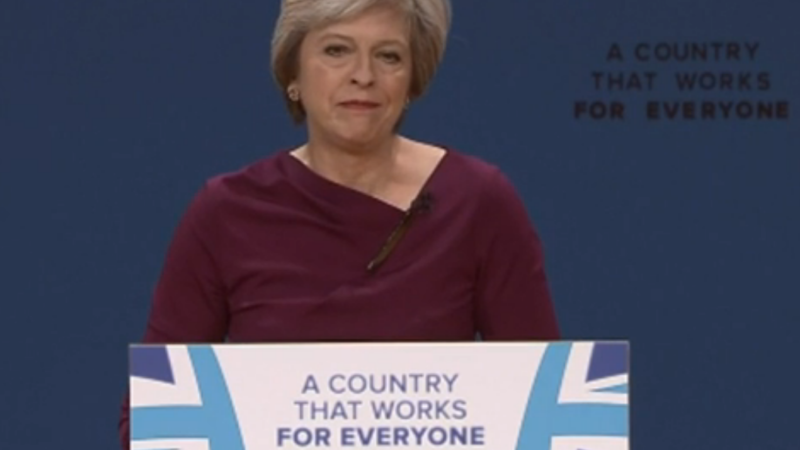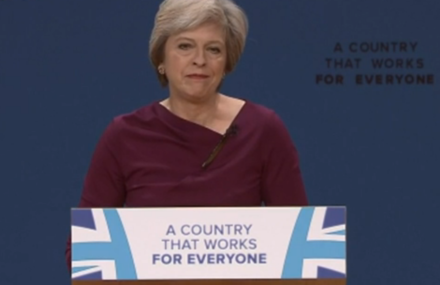

In recent weeks Labour has been pressing the Government to provide a clear plan of what they will seek to achieve from article 50 negotiations.
On the Government’s timetable, those negotiations will start in just five months’ time.
The clock is ticking, but so far David Davis, Secretary of State for Exiting the EU, has been reluctant to disclose more than his so-called “overarching aims”.
That is not good enough. These “overarching aims” comprise just four short sentences. They are so broad and general that they cannot begin to answer fundamental questions such as whether the Government intends to fight for the single market and customs union or if, as increasingly looks the case, they have already given up on them.
Instead of confronting these hard questions and subjecting the Government’s approach to proper scrutiny and accountability, David Davis dangles the prospect of the so-called Great Repeal Bill and asserts that this will somehow provide Parliament with an opportunity to discuss, debate and consider proposals for exiting the EU. It will do no such thing.
The principle of the Bill is to repeal the 1972 EU Communities Act and to incorporate existing EU law into domestic law. As my colleague Melanie Onn MP outlined on LabourList last week, incorporating key workers’ rights, equalities and environmental protections is important. But Labour should be very cautious about this Bill.
In practice, the Great Repeal Bill will not provide prior scrutiny or accountability of the Government’s plans for Brexit. It will not be introduced until after Article 50 has been triggered, and it may well address such rights as may survive the negotiating process.
It is at best a distraction from scrutiny of the process: an after-the-event settlement that should fool no one about the substance of the deal.
I say “at best” because it is already clear that some Tory backbenchers are planning to sabotage the Bill to fulfil their long-held ambitions of weakening or repealing legislation that protects workplace rights, the environment or health and safety.
Just yesterday Grant Shapps, former cabinet minister and Conservative Party chairman, called for there to be a five-year sunset clause in the Great Repeal Bill so that any EU-derived rights would automatically expire in five years, thereby potentially allowing key protections to be swept away by future Parliaments.
This attack is obvious and predictable. A number of Tory MPs have had an insatiable contempt for social rights, in particular workplace rights, for many years.
The reality is, though, that these rights affect millions of people every day – rights such as annual leave and rest breaks, parental leave, rights for agency, part-time and temporary workers and protections if jobs are outsourced or companies sold off. That is why back in June, Frances O’Grady and I called for the Government to give a cast-iron guarantee that workplace protections will not be weakened by exiting the EU.
The Great Repeal Bill not only falls short of that guarantee, it is the device by which Tory backbenchers could make sweeping, deeply regressive changes to workplace laws and protections.
Just as the Government appears to be giving up on the single market and the customs union before it has even started negotiations, so too with workplace rights.
In a letter to me last Wednesday, David Davis ended by saying “we will have a Great Repeal Bill as a starting position. My task is to bring back control, not decide what the eventual policy will be. Once we have regained control, it will then be up to individual departments, and Parliament, to decide”.
In other words, nothing of substance is guaranteed, just the process of passing a Bill whatever it may contain. That is not good enough. Labour need a strong and united voice on the substance of guaranteeing basic rights.
Keir Starmer QC is shadow Secretary of State for Exiting the EU and MP for Holborn and St Pancras.




More from LabourList
‘Factionalism at the top is weakening Labour – and handing a gift to Reform’
‘Europe must stand strong on its own as US security guarantees grow conditional’
‘Tackling poverty should be the legacy of Keir Starmer’s government’